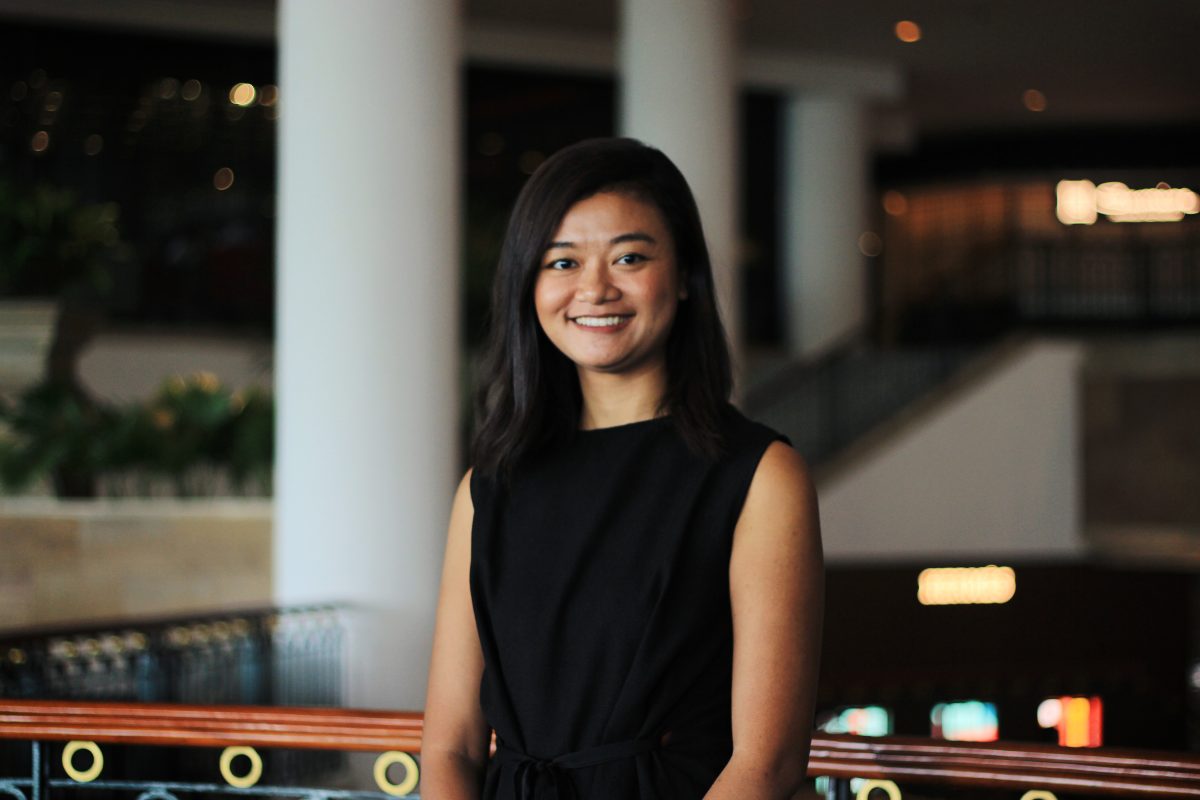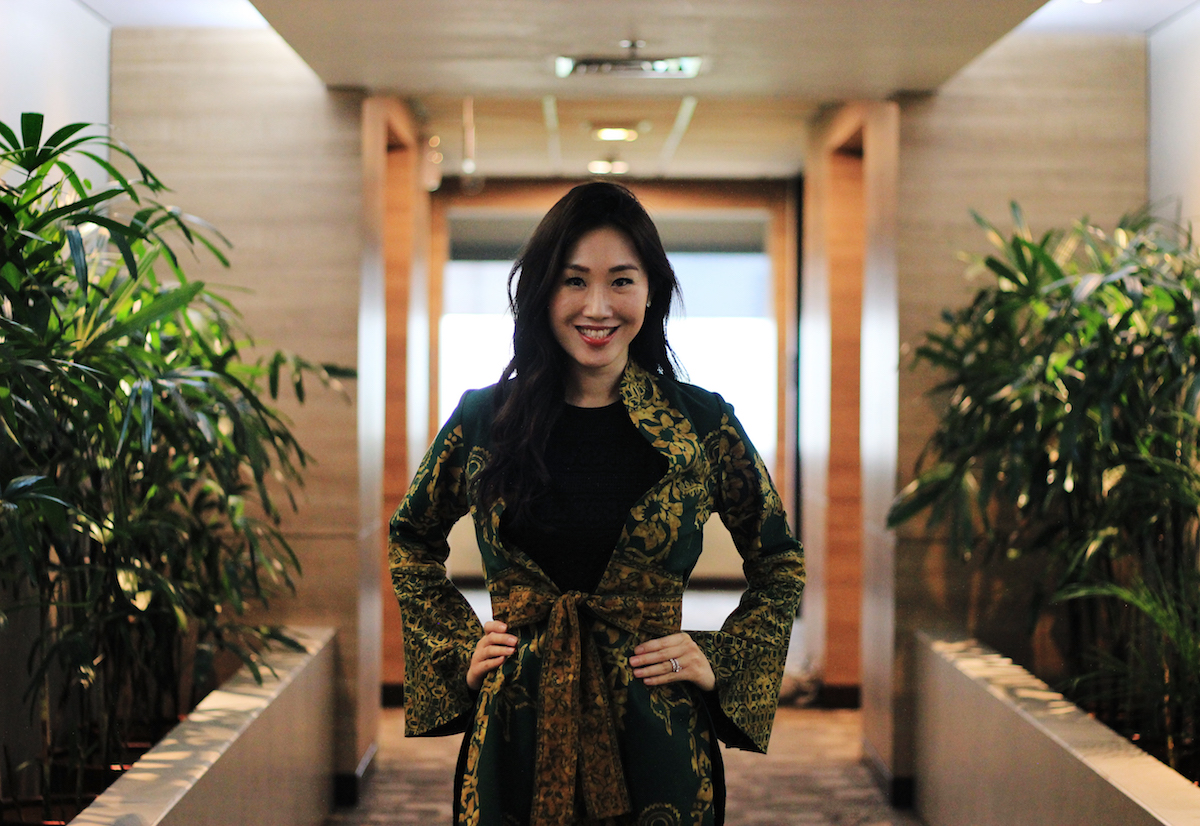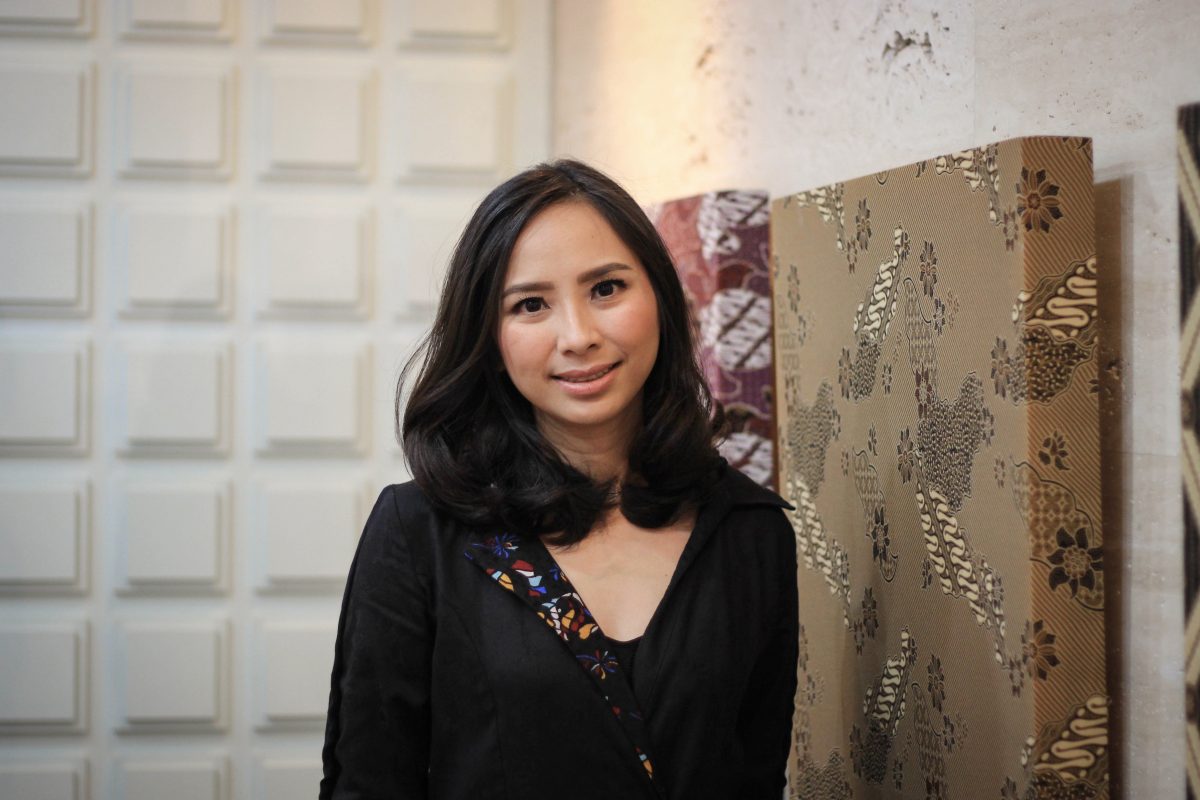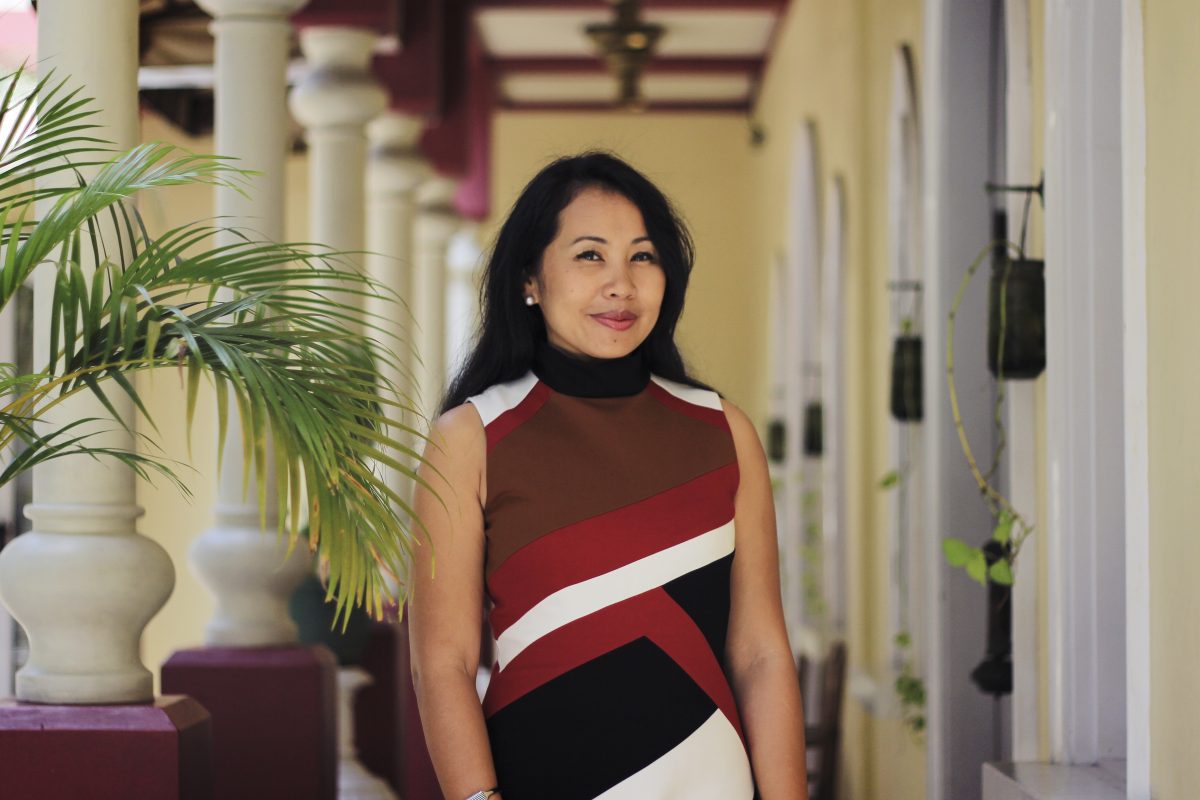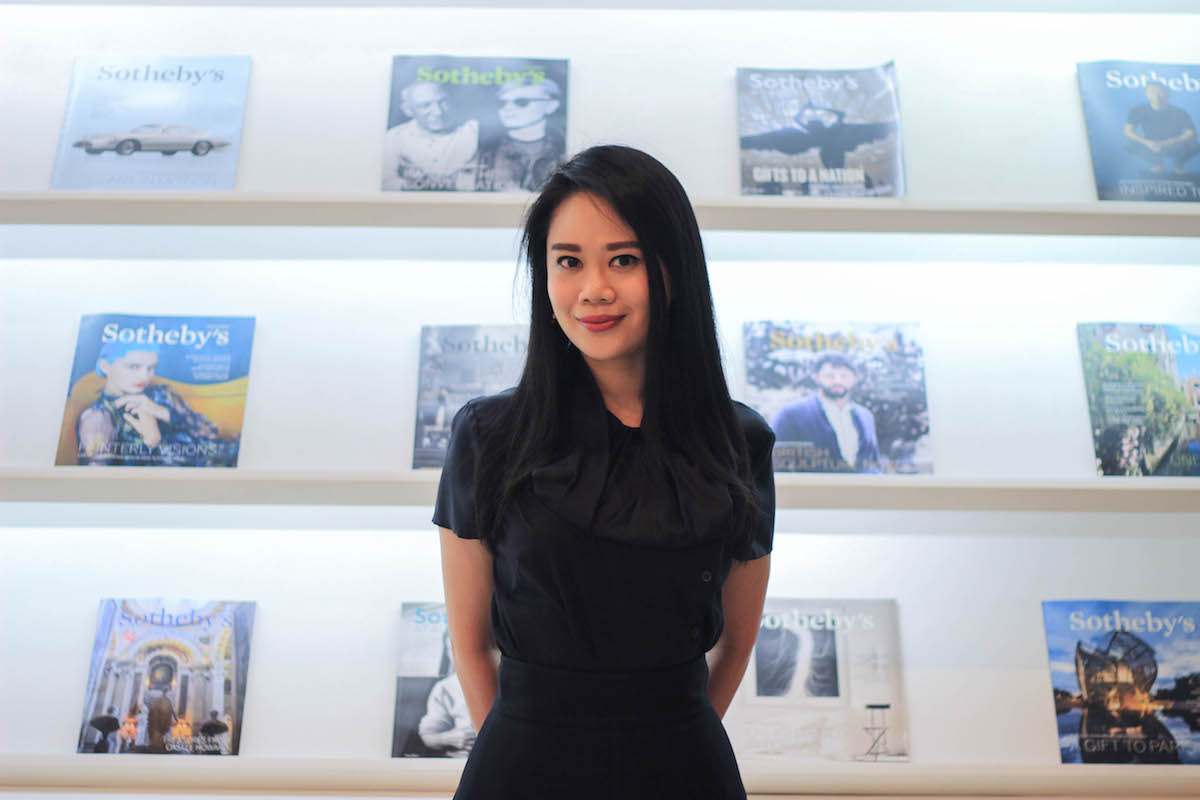Tell us about yourself.
I’m Metha Trisnawati, co-founder of Sayurbox, currently handling operations. People think I’m reserved, but I’m actually very curious. That’s why I took industrial engineering as my major; I learned about so many fields.
I graduated in Bandung, then worked for IBM and Unilever. After pursuing a master’s degree in the UK, I moved back and co-founded Sayurbox.
Did you know Amanda, one of your co-founders, from the beginning?
I met her through another co-founder, Rama, whom I bumped into at a conference. He was working on this project with Amanda and wondered if I was interested. Luckily, Amanda and I really clicked.
Sayurbox is pretty different from your university studies! How did family and friends react?
I‘m surrounded by people who are supportive of me and my decisions. My parents told me to be whatever I want to be; to find what makes me contented. After I tried tech and retail, I pursued a degree in technology entrepreneurship.
How do gender stereotypes in Asia affect women and their careers?
The stereotype of a woman being attached to a man is still prevalent, but – as women’s access to education increases – there are more options for them in entrepreneurship and the corporate sector.
Tech was dominated by men but now there are many opportunities. As more women receive higher education, they achieve greater things. Female entrepreneurs can also create employment for other women.
Sayurbox employs mothers who live near our warehouses, so it’s easier for them to care for their families. We also allow them to bring children to work.
Approximately what percentage of your workforce are women?
A good 70% at our warehouses. They know how to choose the right kind of fruits and vegetables.
What are Sayurbox’s milestones?
We started really small at Amanda’s house – our initial warehouse. Delivery was via GO-JEK and we only sold items through Instagram – it was so simple. To test the idea, we put out the Minimum Viable Product, selling just sixty a month. After the website, it started to take off.
We have built our own logistics now. Around 60%-70% of deliveries are drivers we have created a partnership with – they get extra income if they deliver for us.
Investment-wise, we closed a seed round last year in Jakarta, with investments from VCs in the U.S. and Indonesian angel investors, through ANGIN. We are currently trying to close a Series A investment.
Everything moves fast as a startup. Our immediate focus is to scale up operations, reach more cities, and for more farmers to join our network.
What’s your vision for Sayurbox? And why does it matter?
We want to become the leading platform that connects farmers and suppliers in Indonesia, enabling them to sell their products. Making high quality, fresh produce accessible to everyone – that’s our mission.
We see farmers and suppliers dealing with many middlemen. This is inefficient, as farmers don’t have direct market access and prices are being squeezed. They have little idea about market demand.
One farmer only knew how to grow low-value cassava and simple vegetables. Cassava is about 600 rupiah per kilogram – less than 10 cents; however, kale is enjoying great demand with few suppliers. Farmers growing kale would make 100 times more than by growing cassava. Kale is valued at around 60,000 rupiah per kilogram, but they are unaware. At our suggestion, the farmer switched to kale and made a lot more money.
What’s it like being a female entrepreneur in the primarily male agricultural space?
Whenever we meet farmers, they are very welcoming. They never see us as two women doing things beyond their capabilities – one of the many things we are grateful for.
Being in the field has been really exciting for me.
Who is one of your mentors?
Rama, our co-founder, has been extremely influential. He worked in Silicon Valley and here with GO-JEK, so he has experience and a well-developed network, which really helps.
What does wealth mean to you?
Wealth is something you use to make an impact if you can provide for yourself, then you can contribute to someone else and society. More than just dollar and cents, it’s about you and having the means to impact the world.
What makes you unique or sets you apart from the rest?
Definitely Sayurbox. Meeting Amanda was a random stroke of luck from the universe – we complemented each other from the beginning. Being a curious person is also a blessing, because I’m always excited and willing to learn.
Do you have any advice to share with fellow aspiring women entrepreneurs and leaders?
One of the most important qualities is having the courage to go after whatever you aspire to. There is a lot of stigma surrounding a woman’s image in society; the kind of expectations that seem completely archaic, but still prevail.
Once we reach a certain age, we are expected to marry and start a family. If you are clear about your goals, go after them and don’t fall for societal expectations about what other people think is good for you.
Amanda and I were very lucky to have great mentors. They helped us prepare pitches, talk to investors and sell our proposition to ‘new ears’. Find a good mentor – that would be my advice to younger female entrepreneurs.
UBS x ANGIN Women’s Spotlight is a special collaboration project between UBS Unique and ANGIN to celebrate strong Indonesian women who are exemplary leaders, unique changemakers, and role models. The project celebrates and reflects upon the individuals’ personal anecdote and professional journey and how they are challenging, reinventing and innovating their workplace in order to improve gender equality and be a force of change in their respective community and industry.
